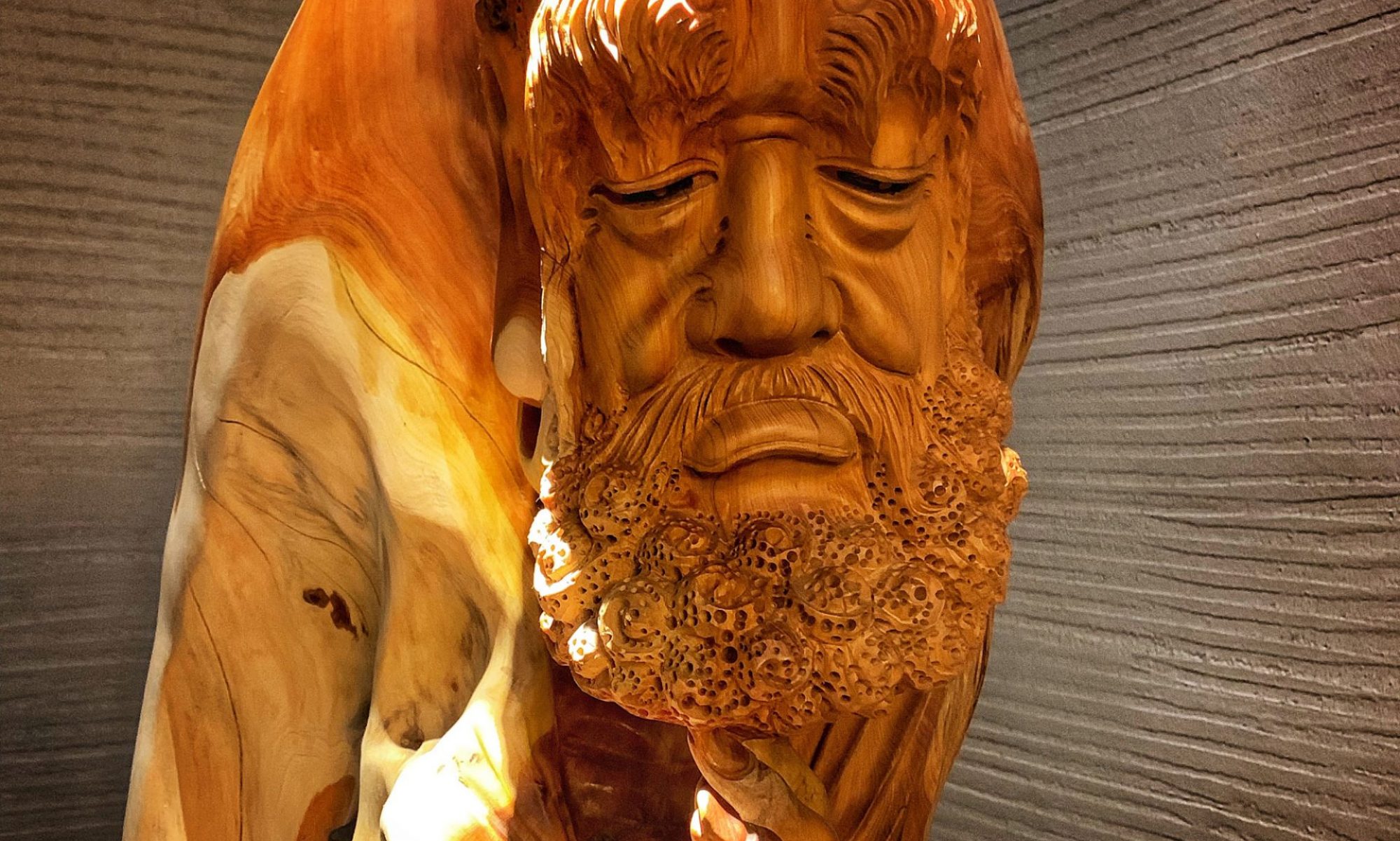Many Masters equate life as a dream, an illusion, as maya. Is it just an analogy to convey their understanding of life or is it truly their first hand experience in seeing life as unreal? If it is truly an experience, how does it feels? What is it like to be brought face to face with the stark reality of the unrealness of life – a vast contradiction to what one unquestionably took for granted as real and tangible?
Many years ago I remembered waking up from bed one early morning, with my dream still going on in my head. In normal situation, as in anybody else, the dream will end when one wakes up from it but it did not happened in this case. Both the dream and the so-called reality of that moment occurred hand-in-hand simultaneously, in real time, so to speak. It is as if I was neither in the dream or in the reality but standing between both the experiences, allowing me observe and realized that the dream is like the reality and the reality is like the dream. I can’t differentiate which is real or unreal, but yet I knew for certain at that time what I call real is not truly real. It is like a mirage.
It is not possible for you to imagine what is it like if you have not experience it before. In normal case, the dream will be totally replaced by the reality of our wakefulness, defined by our awareness of the bedroom and the objects around it, including the walls and the floor, and we have an inkling that a dream has just occurred. But consider that just a few moments ago, prior to your waking up, the surrounding reality of that moment is real – everything – without you having or needing to question its validity. Do you call that moment a dream or only when you got out of it? What is dream then? Is it real – as real as you reading the blog now?
We call an experience a dream when 1) it disappeared from the seemingly reality of the present, and 2) the contrast of the present makes what just occurred unreal. When an event have both these criteria, the mind automatically interpretes the experience as a dream. You may have in your lives experience a certain passing event like a dream, as unreal, though you really knew it did occur. Why? Because the mind recognizes the two criteria and thus the meaning of dream came popping up in your head.
Why don’t the mind labels any immediate passed experience, a dream? It is because it does not give an impression of disappearance. On the contrary, it seems to continue into the present, making no contrast to what has just happened. Since both criteria is not met, the only meaning the mind could register is – real, as opposite to unreal, or dream. There are no grey shades except white or black in the eyes of the mind. The mind sees either good or bad, right or wrong, but never in between. It sees only one at a time, not simultaneously. When it sees right, at that moment it can’t sees wrong. Do you observe that?
In other words the mind cannot experience contrast at one given moment – opposites cannot come together at one time. The mind cannot be experiencing anger and non-anger at the same time. Neither can it experience joy and non- joy at the same moment.
Yet, wisdom has the capacity of doing so. When wisdom arise, it allows introspection on the immediate experience, together with its contrast or opposite, simultaneously, delivering a complete picture to what is occurring in the present moment, thus enabling deeper understanding to arise. This occurrence always arise in the now. It is introspective and never retrospective or prospective.
The ability to experience simultaneous dreaming and so-called awake state is the working of wisdom, allowing me to see the contrast of both which naturally encourages deep understanding to arise – to see them as real and also unreal, depending on which perspective understanding is coming from.
When you are with sound, are you with silence?
